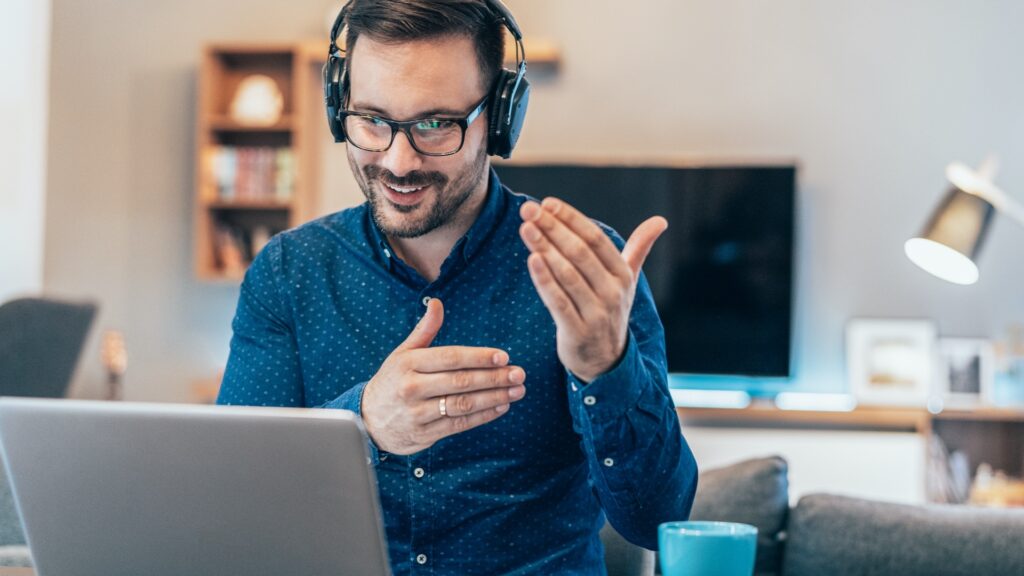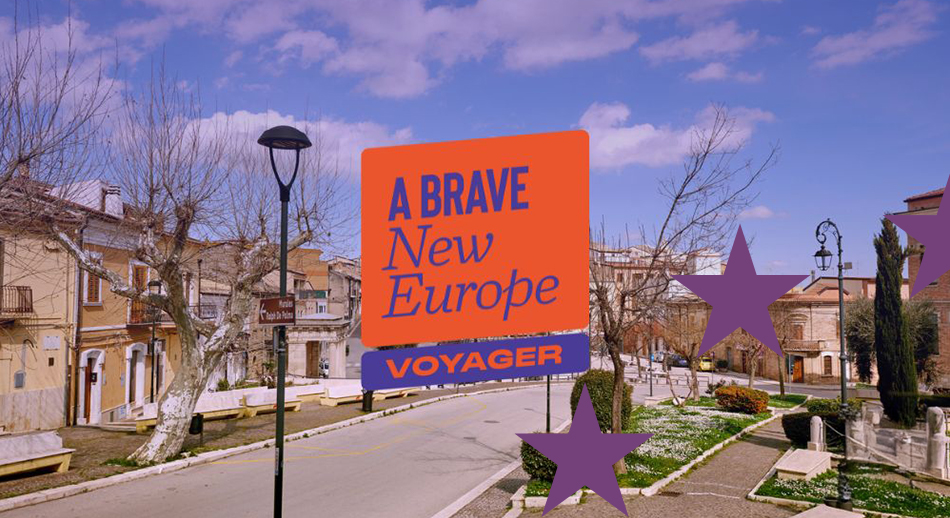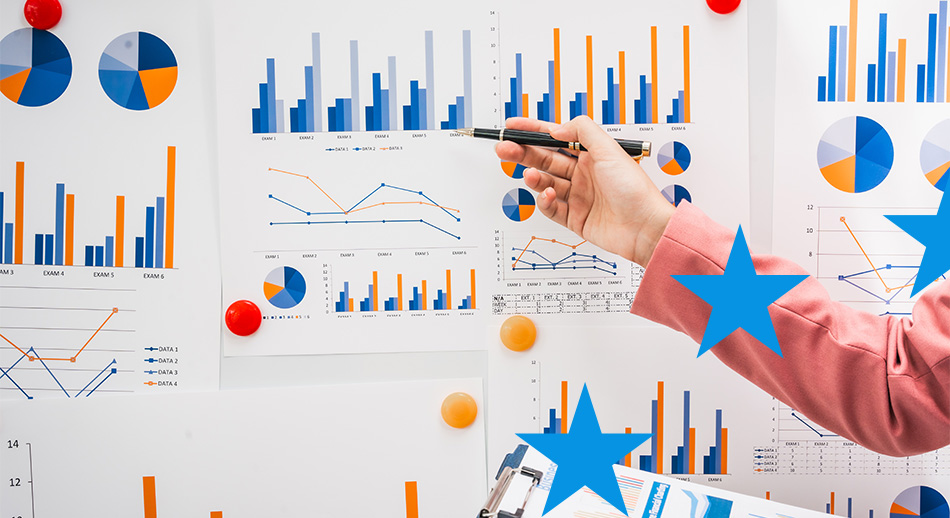We all hope for a gradual return to normalcy, a new phase in which our lives, the pages of the newspapers and (why not) those of our Guide can say they have moved on from the fight against Covid-19 and its consequences. We hope this will be accompanied by a new, strategic and positive vision of education that builds on the changes that have taken place over the past year.
We accompany this greeting with some advice ononline training offerings, which has matured from an acquired awareness of all thingse-learning and an awareness of the importance of choosing one’s sources of information carefully.
In these materials, everyone can find courses and materials on how to best manage online training and, through these tools, their own professional development.
One is spoiled for choice.
Training for teachers, educators and parents
In a time of compulsory “home schooling” (and more), many materials are made available:
- On the School Education Gateway platform, which offers excellent online courses, webinars and training materials
- on a dedicated page of the EU institutions, which tells young people about Europe through games, training materials and other interesting proposals;
- through the eTwinning platform, which offers teachers and classes the chance to “shorten the distance” with their counterparts across Europe through a dedicated space and joint activities;
- through the Erasmus+ platform, which offers the possibility of virtual exchanges and e-learning courses.
Training for NGOs and those working with youth
Erasmus+ dedicates a dedicated platform(SALTO-Youth) that collects hundreds of interesting tools:
- Group activities, games, exercises, videos and other materials;
- on a wide range of issues(gender equality, tolerance, social inclusion, disability, environment, etc.);
Training for all citizens and professionals from all sectors
The EPALE platform, dedicated to adult education, collects and offers many interesting materials including, for example:
- A simple, free and free software for creating e-learning courses;
- A self-assessment test on one’s e-learning and IT skills;
- an interesting app for learning languages by cooking (who among us hasn’t tried our hand at new recipes during quarantine?), and additional resources for in-depth study of language topics;
- a series of courses devoted to different aspects of climate change;
- A comprehensive financial education kit;
- a soft skills improvement package designed especially for educators;
- two very interesting collections of materials, tools and educational activities devoted to historical (historiana) and cultural heritage (europeana) topics;
- A game for the development of entrepreneurial skills and competencies;
- a major collection of training courses and training materials in the field of computer programming, developed as part of EU Code Week;
- tools to improve the accessibility of sites and written materials to people with physical, visual, cognitive and learning disabilities.
A little bit for everyone and in many areas, the European Commission has collected a number of interesting additional training resources developed under various European projects. Among all, we point out:
- EduHack – Course for the preparation of digital training materials
- MobyClick – Forms for the preparation of digital training media.
- Code n’ Social – Programming training platform for individuals at risk of poverty and social exclusion
- BioTalent – In-depth and specialized courses on biodiversity
- Go-Lab – Virtual laboratories in various science subjects
- Scientix – training materials, webinars and e-learning on science subjects
- Open Mind – Course, platform and success stories on social entrepreneurship
Also for everyone and somewhat across all sectors, the European Association of Distance Teaching Universities(EADTU) has made available anextensive review of materials related to e-learning for teachers, aspiring teachers and students of all ages.
On the issue of combating misinformation we point out in particular:
- a platform (NaviGameSearcher) that allows people to interactively learn the art (by no means simple) of distinguishing information and fake news and sifting through it critically, through 19 dedicated games and activities;
- a site (EUvsDisinfo, promoted by a specific European task force) dedicated to combating disinformation, fake news, and online sharing of unreliable (if not intentionally manipulated) content. The site is well-maintained, comprehensive, and impactful: in addition to the extensive and up-to-date content on the homepage (also in Italian), it reviews the latest news (and/or fake news), takes up its general themes, provides a comprehensive database, collects publications and articles devoted to the topic, and offers a quiz (proving the insidiousness of fake news even for the most attentive and trained individuals).




